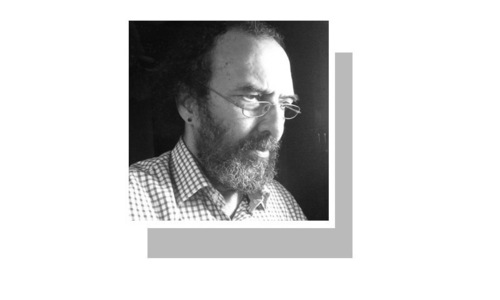At least 30 people were killed when farmers attacked herdsmen in northeast Nigeria's Adamawa state, police told AFP on Wednesday.
State police spokesman Othman Abubakar said farmers from the Christian Bachama ethnic group stormed four settlements of Muslim Fulani herders in Numan district on Monday, hacking residents and burning homes.
“We have so far recovered 30 bodies from the affected villages but the toll is not conclusive as rescue teams are still combing the bushes in the area for more bodies,” he said.
A man-hunt had been launched for the assailants, he added. “The deputy governor visited the villages and an investigation has commenced to unravel the cause of the attack and bring the perpetrators to justice,” he said.
Fulani community leaders gave higher tolls from the incident, the latest in a long-running series of clashes between farmers and herders across Nigeria.
Mafindi Danburam, head of the herders' union in Adamawa, said the farmers stormed the villages of Kikan, Kodomun, Shafaran and Ketowal at about 1:00pm (1200 GMT) on Monday, “killing women and children” and burning homes.
“From our estimation more than 60 women and children were slaughtered in the attack, with some of them pursued inside the bush and killed while they tried to flee,” he added.
The Fulanis had taken their cattle for grazing while others had gone to the market when the villages were attacked. Aminu Yakub, in charge of Numan's central mosque, said 47 bodies were buried on Tuesday in line with the Muslim tradition.
“We claimed 47 bodies of women and children from the morgue at the general hospital for burial, including months-old babies,” he said.
Numan, which lies on the Benue River some 70 kilometres (45 miles) west from the state capital, Yola, is Adamawa's farming and herding hub, with fertile land and fresh water.
Disputes over grazing and water rights have persisted between the indigenous Bachama farmers and settler Fulani herders, leading to periodic violence. Reports of Monday's attack came a day after at least 50 worshippers were killed in a suicide bombing in a mosque in Mubi, also in Adamawa state.
Although no group has claimed responsibility, the bombing bore the hallmarks of Boko Haram militants who are waging an uprising in Nigeria's northeast. Nigeria's central states have been riven for decades with ethnic, sectarian and religious violence linked to tensions between farmers and herders over land and water.
In September, the International Crisis Group said some 2,500 people were killed and tens of thousands forced from their homes, as unrest spread southwards from central and northern states. It warned the deadly clashes threatened the country's national security.














































